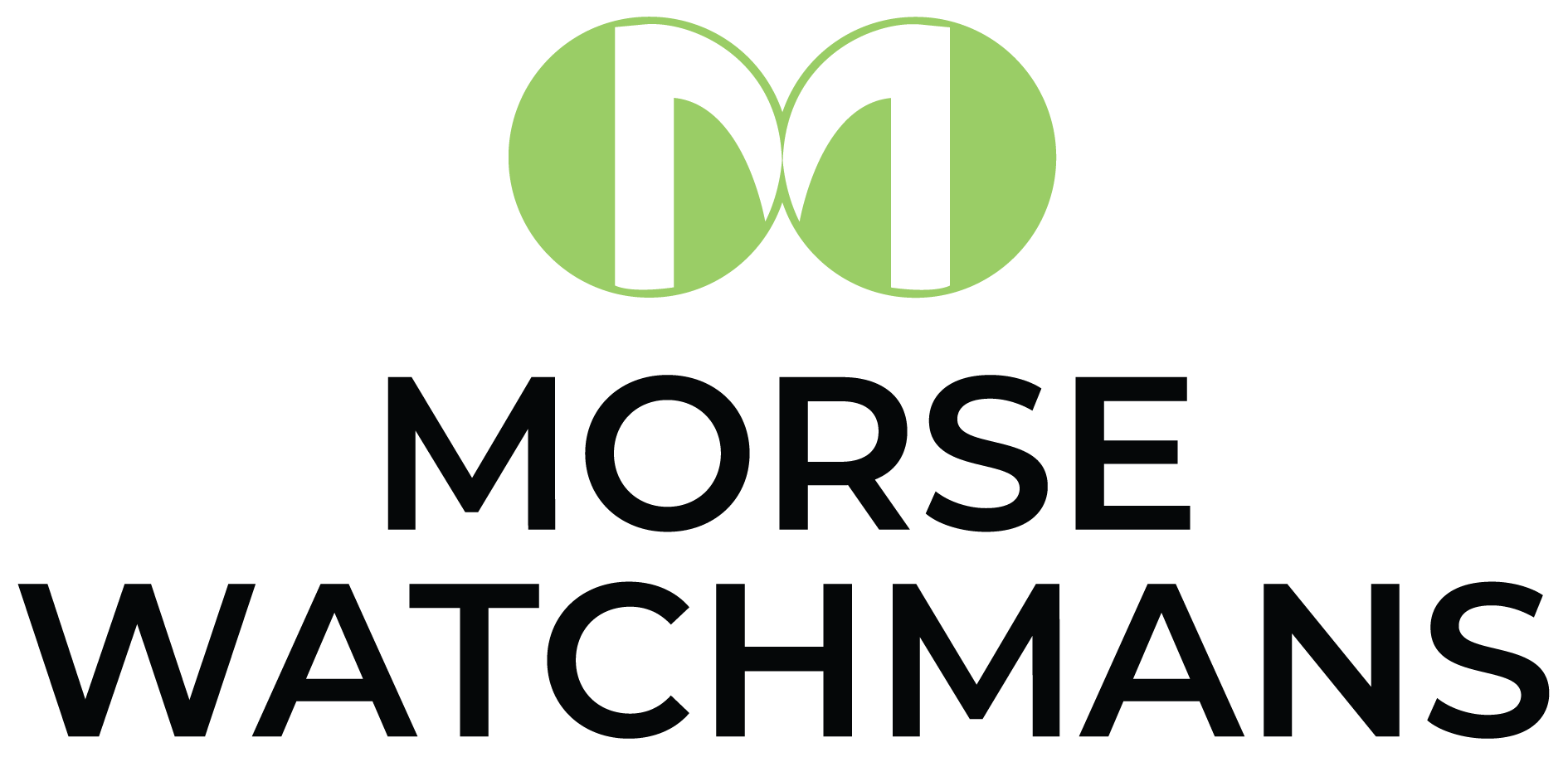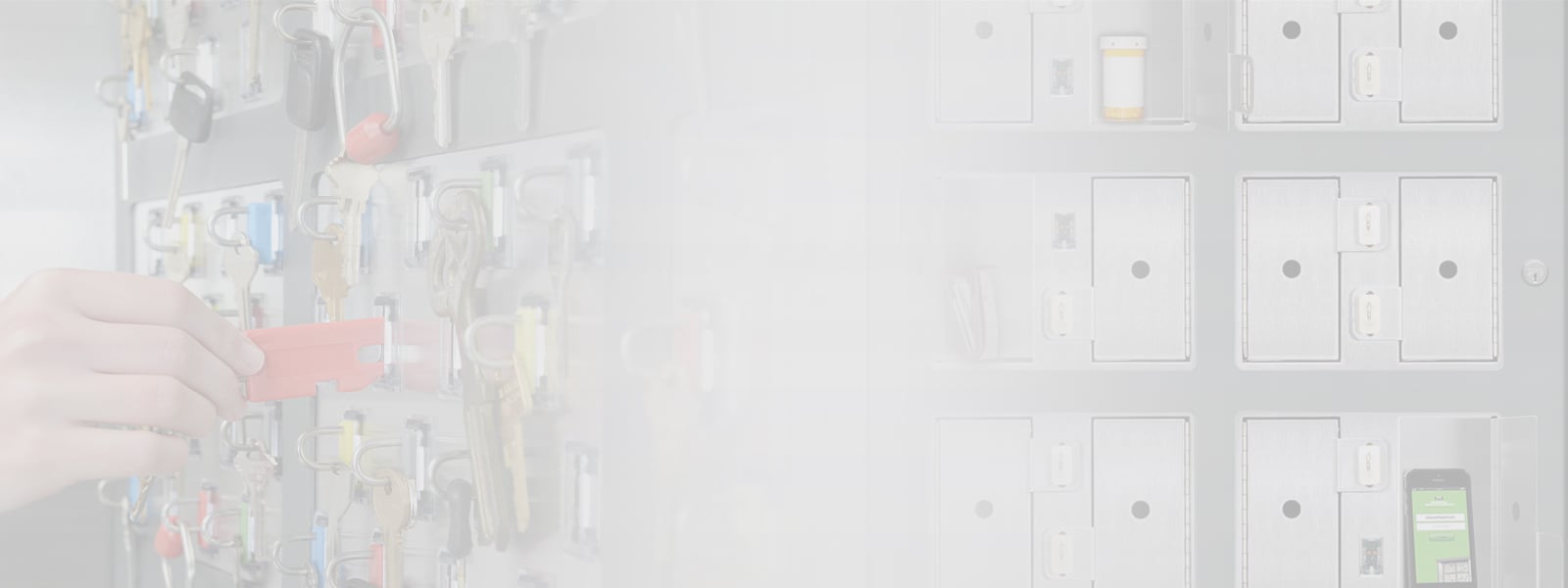Throughout history, churches, synagogues, mosques and other religious buildings have been pivotal anchors in the community. Along with their primary use as a place of worship, they have also served as places of refuge, schools or community centers to name a few. In order to accommodate these and other needs of today’s society, religious centers have adapted their buildings to be more user friendly while maintaining a high level of safety and security for the occupants and facilities.
To help ensure that safe environment, many religious centers have invested in key control systems as a cost effective and reliable solution. Management of keys can lessen the likelihood of enabling individuals to exploit any vulnerability that could lead to unauthorized entry, theft, sabotage and other illegal or criminal acts. When building and room keys are securely guarded in a locked key cabinet, an extra layer of protection for personnel, property and facilities, etc. is ensured.
Key control systems are designed to electronically release keys only to authorized users. Each individual key is secured to a locking mechanism that features a built-in memory chip and the data from the chip is stored when a key is inserted into or removed from a key slot. From this data, authorities have a complete history of who used a key and when. For added protection, key control systems can also react when something is wrong. An overdue key, an open door or even the misuse of the keypad will trigger an alarm and record the event in the log file.
Key management allows for a wide range of options for developing custom solutions, including the flexibility to have different levels of security in different areas of the building. From single key cabinets to those used for securing hundreds of keys, solutions for key security, key control and key management can be tailored to a variety of needs.



